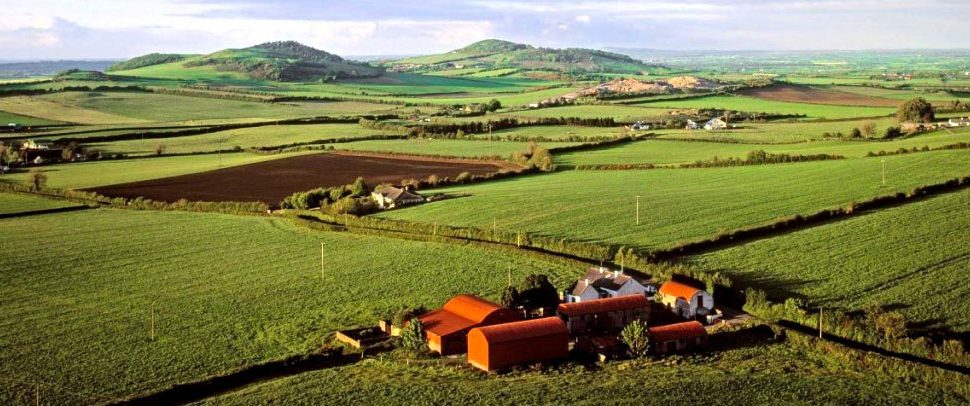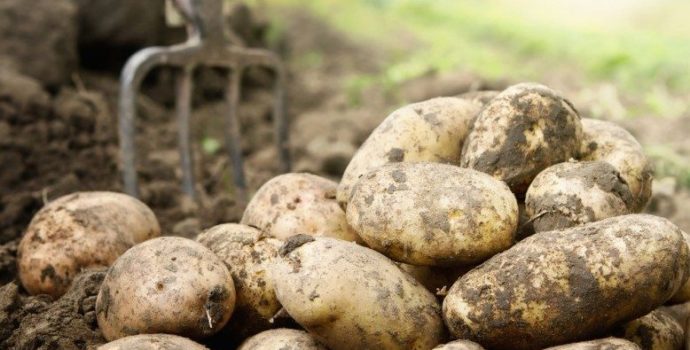Climate Commissioner Caňete Must Safeguard Ireland’s Sustainable Agriculture – IFA

IFA Environment Chairman Thomas Cooney has called on the EU Climate Commissioner Miguel Aria Caňete to hold firm on earlier Heads of Government’s decisions, and ensure that Ireland’s carbon efficient model of food production is not jeopardised in current climate talks. These talks will endeavour to agree binding targets for each Member State, to be delivered by 2030.
Speaking in advance of a meeting with Commissioner Caňete in Dublin today, Thomas Cooney said, “In October 2014 the EU Heads of Government made a clear commitment that future greenhouse gas reduction targets must not impact on the development of Irish agriculture. The agri-food sector has to produce food, fuel and energy while also protecting the environment. This commitment sought to address previous mistakes and move away from setting Member State emission reduction targets based on crude economic activity alone”.
Thomas Cooney added, “The agri-food sector in Ireland is too important to allow past errors to be repeated. The sector employs over 300,000 people in every part of the country and has recorded its sixth consecutive year of growth in 2015, with exports growing to €10.8bn. This growth is sustainable, with economic output increasing while reducing the environmental impact.”
Irish agriculture will continue its leadership position in sustainable food production. Ireland is the only country in the world that monitors, measures and manages carbon from farm to fork. Initiatives like the IFA-led Smart Farming programme address the dual challenges of improving farm incomes while reducing environmental impacts. In addition more than 70,000 farmers are now measuring carbon in programmes like Bord Bia’s Quality Beef Assurance programme.
Thomas Cooney said, “I will be making it clear to Commissioner Caňete that the commitment to environmental improvement by so many farmers in Ireland is unique and cannot be seen anywhere else in the world. It is delivering results. Ireland’s agri-food sector is growing carbon efficiently, with overall emissions declining by 9% since 1990, at a time of growth in the sector.
However my main message remains – the October 2014 Heads of Government’s decision must be delivered on and Ireland’s low carbon model of food production must not be jeopardised in the current EU 2030 climate talks.”




